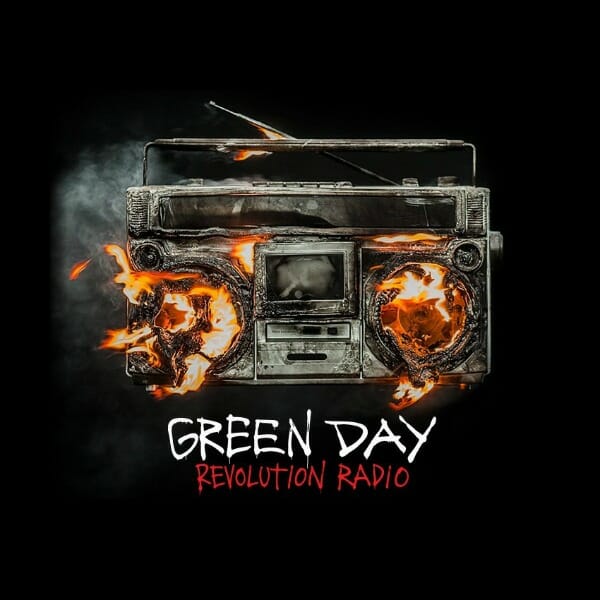Green Day: Revolution Radio

Green Day gets played regularly on classic-rock stations in 2016. Usually just the hits from Dookie, though occasionally you might catch “Good Riddance (Time of Your Life)” or something from Insomniac. It makes sense, considering the band has lived virtually every classic-rock cliché there is by this point: the sappy ballad-turned-high school prom classic; the bombastic, career-reviving rock opera whose plot you can scarcely decipher; the protest-rock phase; the even longer, second rock opera; the releasing-too-many-albums trick borrowed Guns N’ Roses. There was even that 2012 onstage meltdown, which involved an obligatory dig at Justin Bieber and a subsequent stint in rehab for Billie Joe Armstrong. Thankfully, the band’s back catalog is strong enough to withstand bumps and missteps. (Don’t believe me? Queue up “Basket Case” at a karaoke party.)
-

-

-

-

-

-

-

-

-

-

-

-

-

-

-

-

-

-

-

-

-

-

-

-

-

-

-

-

-

-

-

-

-

-

-

-

-

-

-

-








































